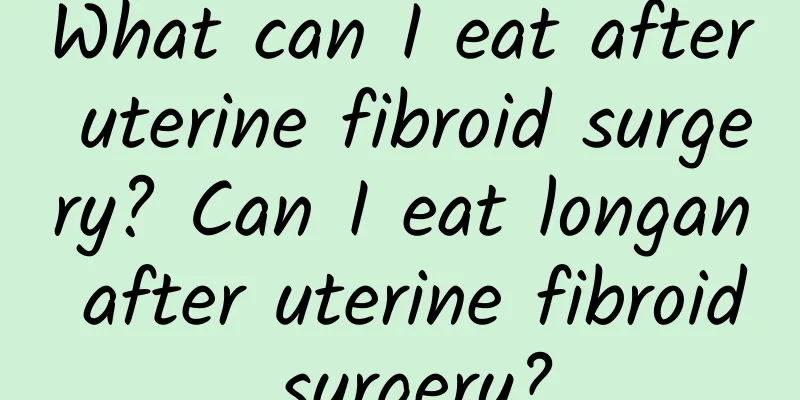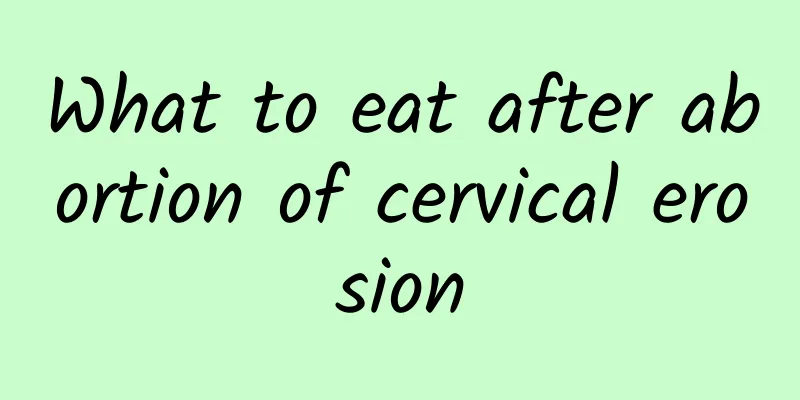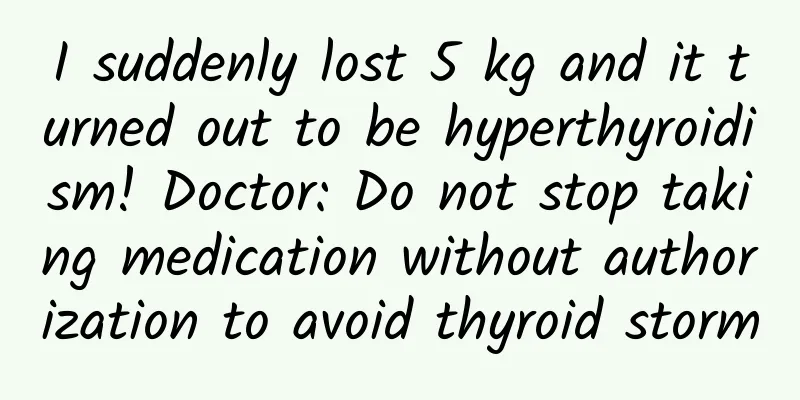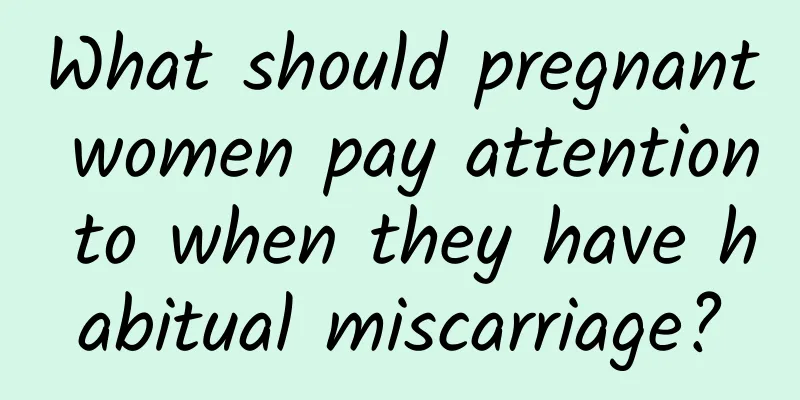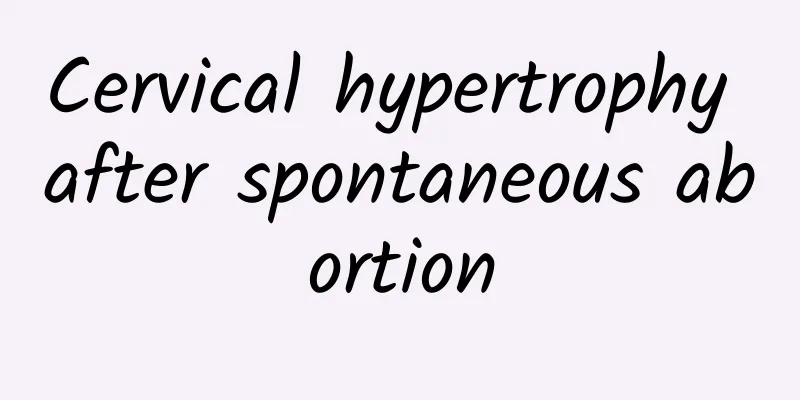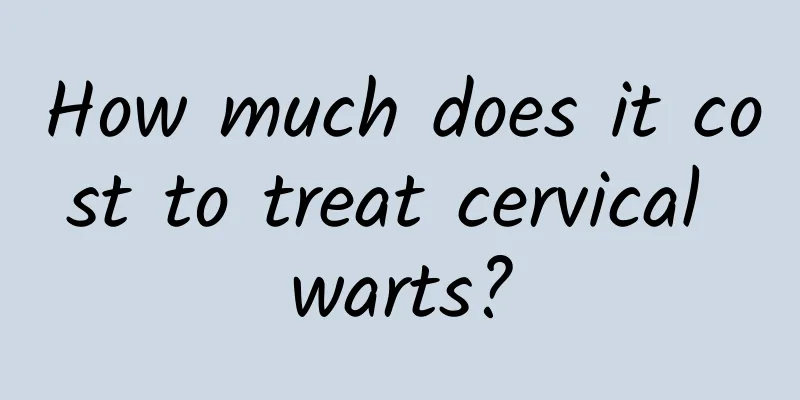The dangers of ovarian cyst torsion during pregnancy
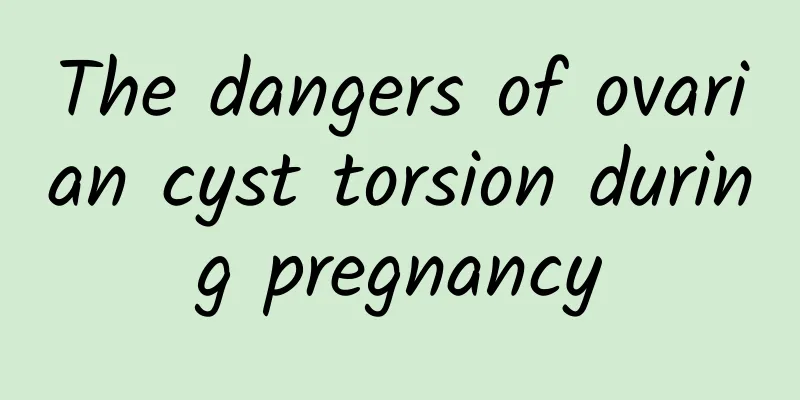
|
Ovarian cyst torsion during pregnancy can cause severe abdominal pain and may threaten the health of pregnant women and fetuses. In severe cases, it may affect ovarian function and even cause miscarriage or premature birth. You should seek medical treatment immediately. Ovarian cyst torsion refers to the twisting of the ovarian pedicle due to changes in body position or movement, which hinders blood supply. Pregnant women are at increased risk of cyst torsion due to hormone level fluctuations and the gradual enlargement of the uterus. Common symptoms include sudden severe pain in the lower abdomen, mainly on one side, accompanied by nausea and vomiting, and in severe cases, hypotension or shock. Prolonged torsion can cause ischemia and necrosis of ovarian tissue, endangering organ function and the life of the pregnant woman. If not treated immediately, it may also induce infection, increasing the risk to the pregnant woman and fetus. Ovarian cyst torsion refers to the twisting of the ovarian pedicle due to changes in body position or movement, which hinders blood supply. Pregnant women are at increased risk of cyst torsion due to hormone level fluctuations and the gradual enlargement of the uterus. Common symptoms include sudden severe pain in the lower abdomen, mainly on one side, accompanied by nausea and vomiting, and in severe cases, hypotension or shock. Prolonged torsion can cause ischemia and necrosis of ovarian tissue, endangering organ function and the life of the pregnant woman. If not treated immediately, it may also induce infection, increasing the risk to the pregnant woman and fetus. If ovarian cyst torsion is confirmed, timely treatment is the key to protecting the health of mother and baby. Usually mild cases can be monitored by B-ultrasound, and it is recommended to reduce strenuous activities to control the condition. Severe torsion or necrosis requires surgical treatment. The current minimally invasive laparoscopic surgery technology can restore blood supply while ensuring the safety of the fetus, or remove diseased tissue when necessary. To prevent cyst torsion, pregnant women should have regular prenatal checkups, pay attention to abdominal protection, and avoid high-intensity exercise. If severe abdominal pain is found, go to the hospital for examination as soon as possible, and cooperate with the doctor to take intervention measures to ensure the safety of mother and baby. |
<<: Is there a high chance of pregnancy with cervical erosion?
>>: What causes cervical erosion and moderate inflammation?
Recommend
Too little sleep may trigger your fat gene
Do you always feel that you don’t get enough slee...
Several common examination methods for acute cervicitis
For female patients, the examination of acute cer...
Can a mother with endometrial tuberculosis pass it on to her daughter?
Endometrial tuberculosis is an inflammation of th...
Post-abortion care is very important
Abortion is a way to terminate pregnancy, and man...
Methods of treating functional uterine bleeding in traditional Chinese and western hospitals
If functional uterine bleeding occurs, symptoms s...
The lazy sculpting method of a pointed chin can be done by pouting your lips
Your double chin always shows up when you take ph...
Four common symptoms of irregular menstruation
As the pressure of social competition increases, ...
Experts explain the harm of health products to uterine fibroids
Many female friends may not know that health supp...
What to do if your menstrual cycle is normal and the amount is small
What should I do if my menstrual cycle is normal ...
Can a blood test detect cervical precancerous lesions?
In recent years, the incidence of many gynecologi...
What is hidden hunger? Pick out the three major symptoms! Nutritionist Jian Yuhua: 3 ways to reduce hidden hunger
"How is that possible?! I'm malnourished...
Don't confuse the symptoms of an enlarged cervix
Nowadays, many female friends ignore the symptoms...
How is cervicitis usually treated?
Cervicitis is one of the common gynecological dis...
The worsening of vulvar leukoplakia
Vulvar leukoplakia is also one of the common gyne...
Only by running correctly can you lose weight! Use these 3 indicators to check if your posture is correct?
Who doesn’t know how to run? Because many people ...
